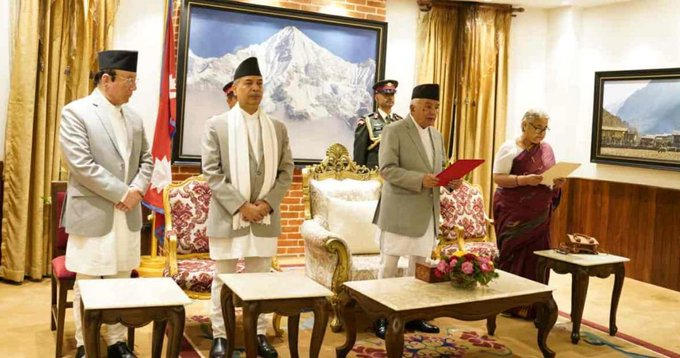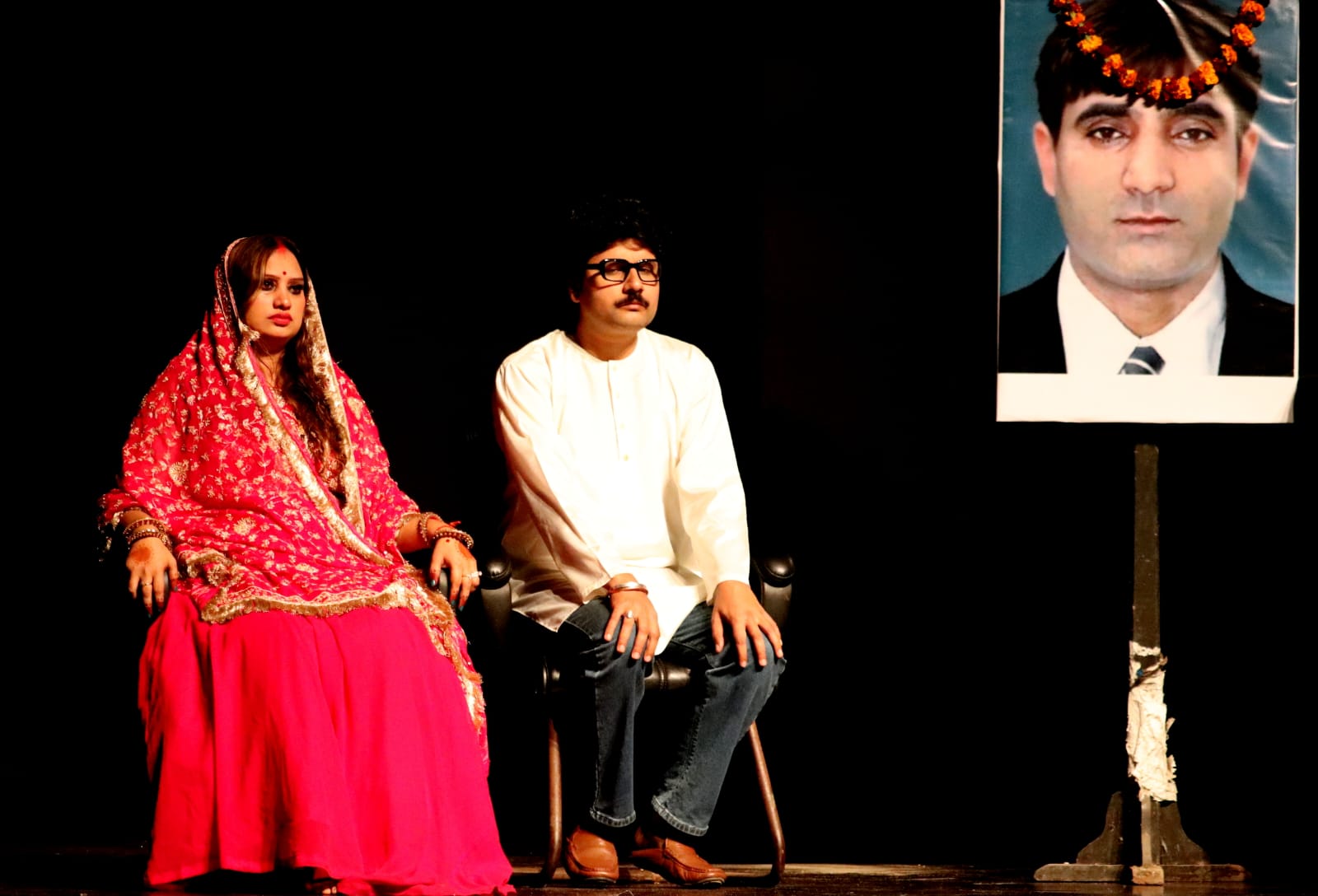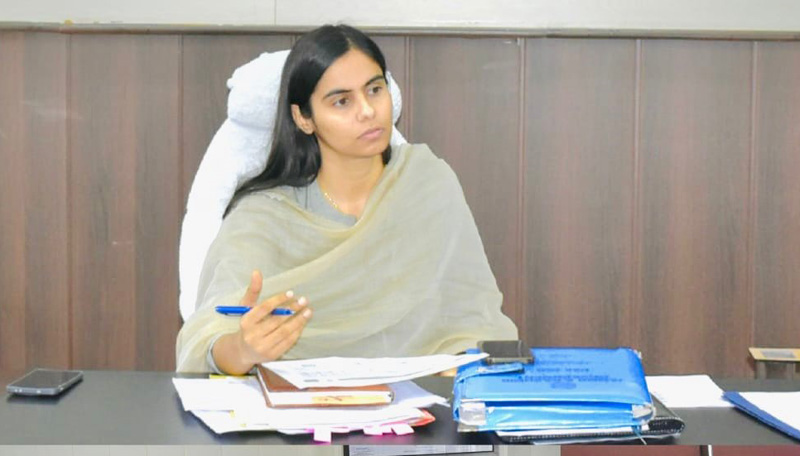Kathmandu: Sushila Karki, Nepal’s former Chief Justice, was sworn in as the country’s interim Prime Minister on Friday, becoming the first woman to hold the nation’s top post.
The oath of office was administered by President Ramchandra Paudel at a formal ceremony at Sheetal Niwas, the presidential residence in Kathmandu.
Karki’s appointment follows the resignation of former Prime Minister KP Sharma Oli earlier this week amid nationwide protests led by Gen Z activists demanding a neutral leader to guide Nepal through a transitional phase. The movement arose from frustration over political corruption and stagnant governance.
Her selection represents a rare consensus in Nepali politics. Chosen through a public vote conducted by Gen Z leaders on Discord, Karki emerged as the most widely accepted figure, earning support both from the youth movement and traditional political forces seeking stability, according to The Kathmandu Post.
Karki’s mandate includes restoring order, overseeing elections, and promoting national development. Praised for her judicial independence, she is seen as acceptable to both the younger generation and established political actors.
Born on June 7, 1952, in Shankarpur, Biratnagar, Karki built her career on decades of legal experience and an unblemished reputation for integrity. After completing her early education in Biratnagar, she earned a master’s degree from Banaras Hindu University and a Bachelor of Laws from Tribhuvan University in 1978.
Beginning her legal practice in 1979, she served as president of both the Koshi Zonal Bar Association and the Biratnagar Appellate Bar before her appointment as a Supreme Court justice in 2009. In July 2016, she became Nepal’s first woman Chief Justice, known for issuing decisive verdicts in high-profile corruption cases.
Though nominated under the Nepali Congress quota, Karki maintained judicial independence and resisted political pressure. Her tenure ended in June 2017 after a controversial impeachment motion—seen by many as a political move to block her verdict on the police chief appointment—was filed against her by the Sher Bahadur Deuba-led coalition.
Colleagues describe Karki as courageous, highly principled, and leading a Spartan lifestyle. Former Supreme Court Justice Ananda Mohan Bhattarai highlighted her contributions to Nepal’s democratic movement alongside her husband, Durga Subedi, a Congress leader involved in the 1973 anti-Panchayat movement.
“She has agreed to shoulder such a huge challenge, demonstrating her courage. We all need to support her,” Bhattarai said. “I am confident she will lead the country through the transition, upholding democratic principles.”
Karki has consistently opposed corruption, with her bench issuing landmark rulings against political figures. Advocates note her integrity remained uncompromised despite political pressures.
Senior advocate Bipin Adhikari, a law professor at Kathmandu University, emphasized that Karki will need a capable team to successfully steer the government. While some question whether she can align with Gen Z expectations, Bhattarai believes she is the right choice.
Earlier on Friday, the Speaker of the House of Representatives and the Chairperson of the National Assembly issued a joint statement addressing the ongoing political crisis. They expressed condolences for the loss of life and property during the Gen Z protests on Bhadra 23–24, 2082 (September 8–9, 2025), including casualties among youth and police, and called for urgent care for the injured.
The statement also condemned the extensive arson and vandalism during the protests, which caused irreparable damage to government and private properties, media houses, historical documents, and key national institutions, including the Federal Parliament Building in Baneshwor and the Federal Parliament Secretariat in Singha Durbar.













